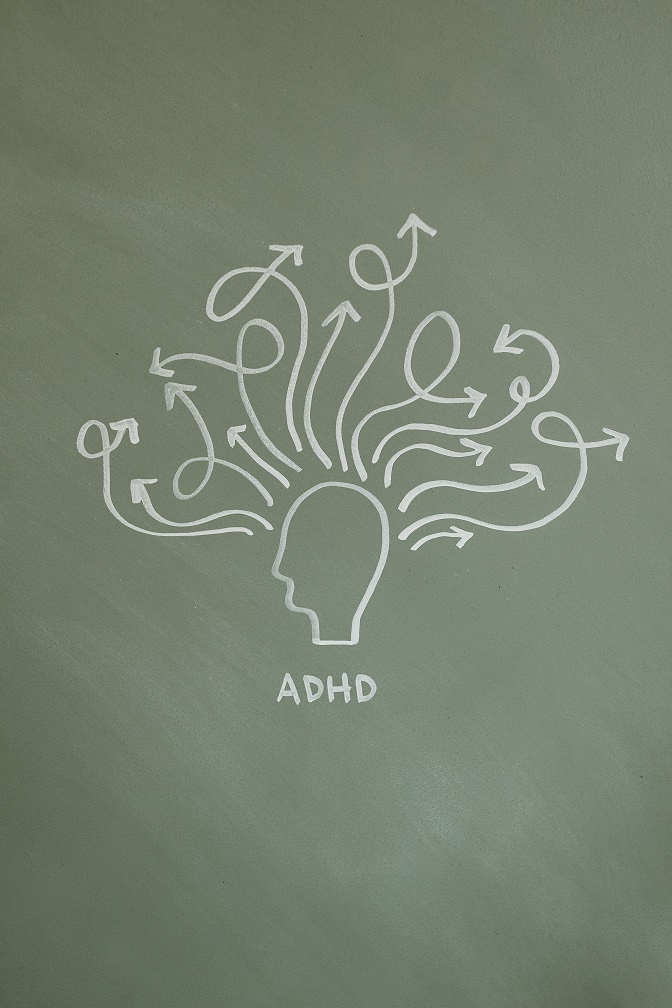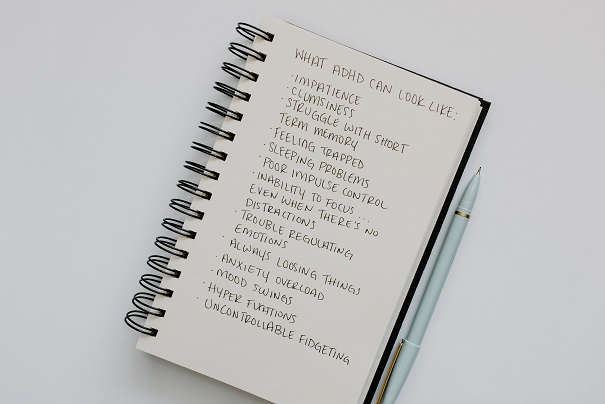Table of Contents
Can ADHD Deteriorate in Older Adults?
ADHD stands for Attention deficit hyperactivity disorder. It affects little children and also older adults. In older adults, it is noticed around the age of 50 years and above. ADHD (Attention deficit hyperactivity disorder) is a disorder that causes abnormalities in brain functioning, it could make one unable to pay attention or properly comprehend what goes on in one’s surroundings. It could also manifest in an inability to remember things.
Summary
- ADHD (Attention deficit hyperactivity disorder) diagnosis should be carried out by a specialized physician or a psychiatrist.
- According to the diagnostic interview data from the National Comorbidity Survey Replication (NSC-R) it was discovered that males have a higher risk for developing Attention deficit/hyperactivity disorder (ADHD) than females.
- It is important to note that, when treatment is provided based on how the Attention deficit/hyperactivity disorder has affected health and quality of life of the individual. Torgersen, T., Gjervan, B., Lensing, M. B., & Rasmussen, K. (2016). Optimal management of ADHD in older adults. Neuropsychiatric Disease and Treatment, 12, Article 79-87.
Who stands a higher chance of being diagnosed with ADHD as an older adult?
- As a no-brainer, anyone who has been diagnosed of attention deficit hyperactivity disorder earlier in life stands a higher chance of being diagnosed with it in later ages.
- Gender: According to the diagnostic interview data from the National Comorbidity Survey Replication (NSC-R), males tends to suffer more from Attention deficit/hyperactivity disorder than women.
- Race: According to a U.S studies carried out from 1979-2020, it was discovered that the pool prevalence of attention deficit disorder was more in Black adults than white adults.

Types of Attention deficit hyperactivity disorder presentations and symptoms in older adults
There are basically three (3) presentations of attention deficit hyperactivity disorder in older adults and these presentations are:
ADHD predominantly inattentive disorder
This is the most common type of attention-deficit/hyperactivity disorder presentation. It is characterized by an inability to be attentive. Some of the symptoms in this stage include:
forgetfulness
Inattentiveness
Struggles adhering to instructions
Does not like performing a task that requires mental effort
Lacking organization
Cannot adhere to instructions
ADHD predominantly hyperactive-impulsive disorder
Attention-deficit/hyperactivity disorder may also present an inability to focus, impulsiveness, and hyperactivity. Some of the symptoms manifested may include:
Restlessness
Talks excessively
Lack of control
Interrupts others
Can not engage in activities quietly
Fidgeting with hands or feet
Difficulty taking turns
Difficulty seating for long
ADHD combined disorder
It is also possible for an individual to manifest a combination of the two earlier presentations.
Diagnosis of Attention deficit hyperactivity disorder in older adults
There is no one medical test that gives an attention deficit hyperactivity disorder diagnosis. When an individual exhibiting symptom of ADHD visits a medical specialist or psychiatrist, the specialist monitors and observes the patient more closely to see if the patient will exhibit some of the symptoms of ADHD, he can do this by asking the patient some questions and observing the patient’s actions in response. But most times, some ADHD patients do not always exhibit the symptoms frequently, so the specialist will ask for the medical and behavioral history of such patients.
Managing ADHD
A person with ADHD has to see a specialist for proper diagnosis and to ascertain whether there is a need for medical intervention using drugs. However, there are things ADHD people can do to cope.
- Exercise and eat balanced diet: Exercise routinely and eating balanced diet helps to develop the mental wellbeing of individuals.
- Get a lot of rest and sleep: Rest and sleep matters a lot, getting adequate rest and sleep for at least 8 hours daily helps to develop the mind.
- Practice using time productively: Create timetables and schedules. Using your time productively helps reduce the pressure and disappointment that an ADHD person may feel after failing to do what they should have done due to inattentiveness or hyperactivity.
Instead of leaving everything to chance, scheduling the time to engage in activities will make you feel productive. Retired people with ADHD, may keep busy and also develops their brain by playing games with daily challenges and completing them. Download app games like Elevate, Peak, Lumosity on your devices and play the daily games that assist with mental engagement. You may also purchase and use our Azelders workbooks.
- Work on your relationships and building bonds: Create a schedule that includes exercises with companions and keep your schedule. Be active and involved in discussions with others.
- Establish a routine: Notice how and when you work best and apply these conditions to your daily plan.
- Fault the ADHD, not yourself. Older adults diagnosed with ADHD regularly fault themselves. This can prompt confidence issues, tension, or despondency. However, you are not the reason you have ADHD. You should instead find strategies to assist you thrive in all parts of your life.
Read also: How to prevent cognitive decline in Older Adults
Frequently Asked Questions (FAQs)
Can ADHD deteriorate in older adults?
Some writers claim ADHD may deteriorate as people age especially if they experience mental decline. However, we believe that early diagnosis and consistent proper care may assist in slowing mental decline in older adults.
How might I assist an older individual with ADHD?
An older adult needs specialist care and advice. The best assistance that may be given is a specific and custom management plan from a specialist. This may include medicine.
Final thought
One common challenge of ADHD is that it may impact the self-esteem of the person living with it. Therefore, it is important to state that some of the most acclaimed geniuses the world has known have had some form of similar challenges. We hope that you understand that despite your diagnosis, you can be amazing.
Further reading: https://www.cdc.gov/ncbddd/adhd/facts.html
Featured images from pexel.com by Tara Winstead.

